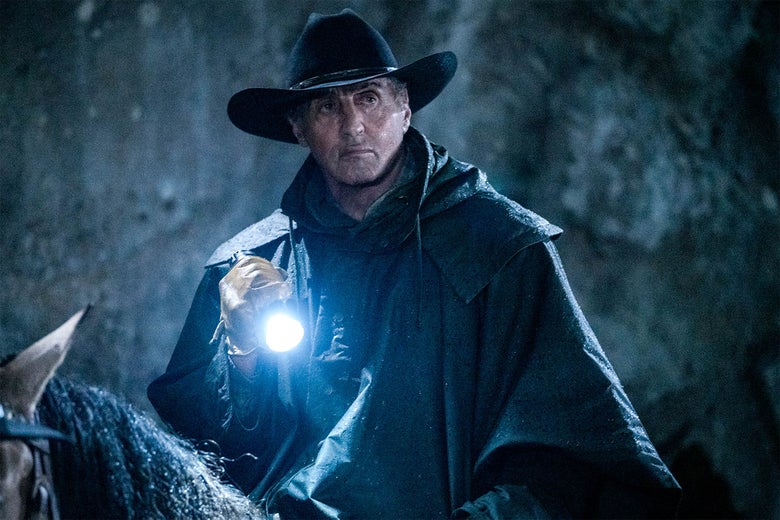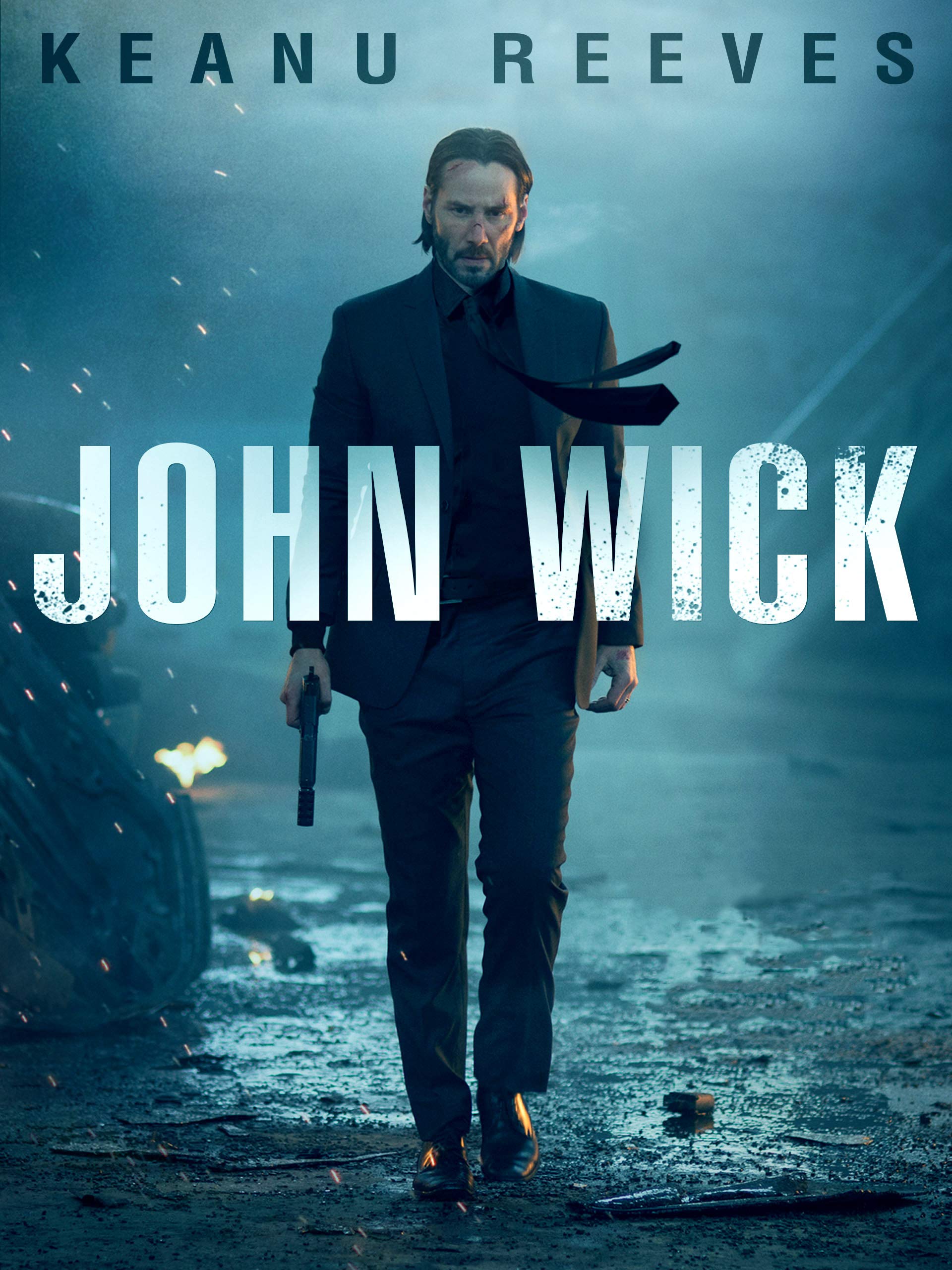If you’ve seen any movie recently, you’ve probably read a few reviews for the films you’ve seen. For two recent films in particular–Joker and Rambo–this has proven to be quite hazardous. Why? People don’t talk about the movies themselves. They talk about what they want to see in these movies, and what’s getting them clicks–politics and slander.

A recent example is Joker, which was infamously criticized before it released due to several news stations claiming that it would incite gun violence. While there’s no time to get into a review of Joker (to read about the contents of Joker, click here), the whole debacle surrounding Joker is ridiculous. Despite what many articles say (including one from Salon, which says it “lacks the intelligence” to discuss these topics), the movie doesn’t glorify violence how many seem to think it does. The movie’s take is disturbing and quite poignantly analyzes the significance of mental health struggles. Yet, people say in multitudes of critical articles that it’s a dangerous and wickedly inspiring movie.
Nothing is said about the film itself, just people yelling about how “the movie’s going to incite violence!” Lo and behold, two weeks after Joker’s release there have been shootings, but nothing on the level of violence that news sites were screaming would happen as a result of Joker’s release. There’s no way to create a significant correlation between the film and the already existing habit of violence. If anything, these articles and their publishers are beginning to look like clowns for blaming a movie for the effects of what is significantly linked to mental illness. Sadly, this also means that what Joker says about mental health is missed by critics. They say it could be damaging when it could be the most helpful movie for awareness in years.

Rambo: Last Blood is another release that garnered attention when talking about politics. Specifically, the movie was described by news outlets like Salon (once again) as, “a MAGA (Make America Great Again) fever dream.” Similar critics of the movie claim that it encourages harmful stereotypes of those with Hispanic heritage, shaming anyone who goes to see the movie for cheering on “racist” protagonist John Rambo as he guns down the Mexican cartel.
This kind of language is immature to use, but this criticism is…ignorant, to put it nicely. Rambo: Last Blood is far from perfect (for detailed thoughts on it, click here), but should be criticized as an action movie, not a political statement. Articles seem to focus only on the Hispanic antagonists, saying the film is racist for targeting them, but it’s important to remember that it’s a fictional cartel.
This particular fictional cartel is one that takes people away from their homes, mutilates them, and traffics drugs that ruin lives. The antagonists in this film may be characterized as Hispanic, but these crimes are committed by an array of people in the real world. Although this film is far from making a political statement about who commits crimes of human trafficking, the movie is automatically marked as a harmful film made for Trump fans because of its antagonists, despite Sly Stallone himself not voting for Trump. When looking at news articles from The Guardian and Consequence of Sound, that’s what the complaints are about. Nothing about the movie.
The significance of these two examples isn’t being pulled out of nowhere. Look at the Rotten Tomatoes ratings for comparison. Rotten Tomatoes isn’t the go-to place for most people, but there’s some value in their ratings, considering the rating for John Wick vs that of Last Blood, despite being similar movies. Why? Times have changed, and John Wick wasn’t taking on people of different races. John Wick wasn’t judged as harshly because it didn’t take on a controversial topic at the time. Let’s put it this way: Wick’s Russian antagonists weren’t talked about as much in 2014 as Hispanics and other immigrants are in 2019.

Keep in mind, this isn’t meant to say that topics like gun violence and racism aren’t important and don’t need to be discussed. But these films aren’t the place to do so because they never were designed as such a space. Politics shouldn’t play a part unless there’s some political message behind it, and even then you should try to stay neutral. Politics should only play a part in criticism when necessary, like in the discussion of this opinion piece. These films are pieces of art and should primarily be critiqued based on their technique, not political alignment. These so-called “professionals” should take a page from that book.





























Having read this I believed it was extremely informative.
I appreciate you taking the time and energy to put
this informative article together. I once again find myself spending a lot of time
both reading and leaving comments. But so what, it was still worth it!